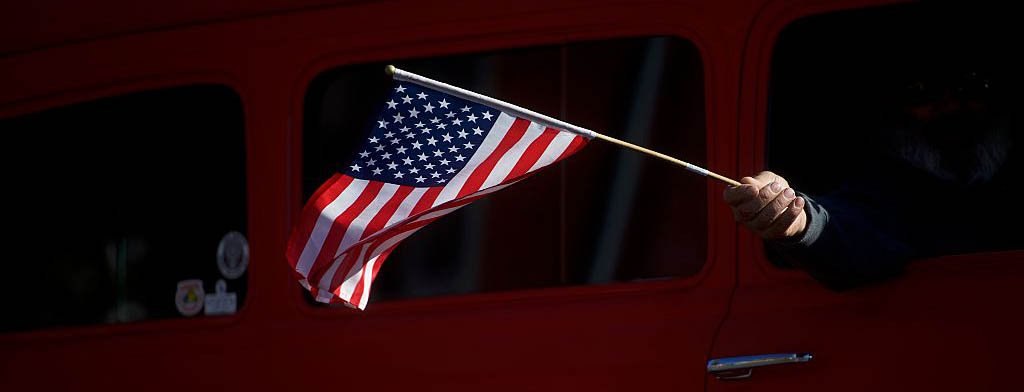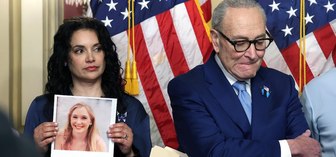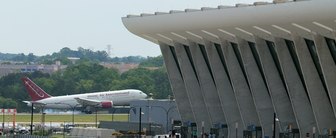On this Independence Day, Americans are less likely to describe themselves as “very patriotic” than they did two years ago. Not that they refuse to identify as patriotic – most in the latest Economist/YouGov Poll report they are at least somewhat patriotic, but claiming intense patriotism seems to be less popular than it was in 2018.
The drop in intense patriotism does not come across the board. It is greatest among Republicans (72% to 55%) and among Americans older than 45 years old (55% to 35%), majorities of whom had called themselves very patriotic in 2018. It also declined among women (38% to 29%). Younger adults, Democrats and Black Americans have changed less — or have even risen in their willingness to call themselves very patriotic.
The drop in self-reported patriotism comes in the middle of a pandemic and racial strife. Relatively speedy responses to at least some demands by the Black Lives Matter protesters may have boosted their supporters’ willingness to call themselves very patriotic, while the difficulties President Donald Trump is having with the protests and the virus (majorities overall disapprove of how he has is handling each of them) may trouble his supporters. Two years ago, about three-quarters (74%) of 2016 Trump voters called themselves very patriotic; now that percentage has dropped 12 points, to 62 percent.
The president will be headed to Mount Rushmore on Friday for a celebration and fireworks display. Americans narrowly approve of this trip (39% to 33%), though a sizable number aren’t sure what to think about it.
In this poll, a majority of Americans say they don’t want a return to in-person campaign events and rallies and favor social distancing at August’s political conventions. This is reflected in opinions of the rally at Mount Rushmore, which will not require social distancing or mask-wearing.
Americans are satisfied with the monument as it stands now. Nearly seven in 10 (71%) find no one they would want to see removed from the sculpture, and there is only single-digit support for removing each of the four faces on Mount Rushmore: George Washington, Thomas Jefferson, Abraham Lincoln, and Theodore Roosevelt. Those who would remove one person usually want to remove others, too.
{{ raw_content }}
More are willing to offer the name of someone to add to the monument. As for who to add, the most popular answer is “no one.” But multiple names – most, but not all – presidents, are mentioned. Barack Obama’s name is suggested most often. More than 200 respondents name him. He is followed in order by Martin Luther King, Ronald Reagan, Franklin Roosevelt, and Donald Trump. But all of those men are named by between 60 and 100 people. Others suggest adding a Native American or a woman.
See the toplines and crosstabs from this week’s Economist/YouGov Poll
Related: Americans generally believe Russia offered bounties to kill US troops in Afghanistan
Methodology: The Economist survey was conducted by YouGov using a nationally representative sample of 1,500 U.S. adult citizens interviewed online between June 28 - 30, 2020. This sample was weighted according to gender, age, race, and education based on the American Community Survey, conducted by the US Bureau of the Census, as well as 2016 Presidential vote and voter registration status. Respondents were selected from YouGov’s opt-in panel to be representative of all US citizens. The margin of error is approximately 3.3% for the overall sample.
Image: Getty










